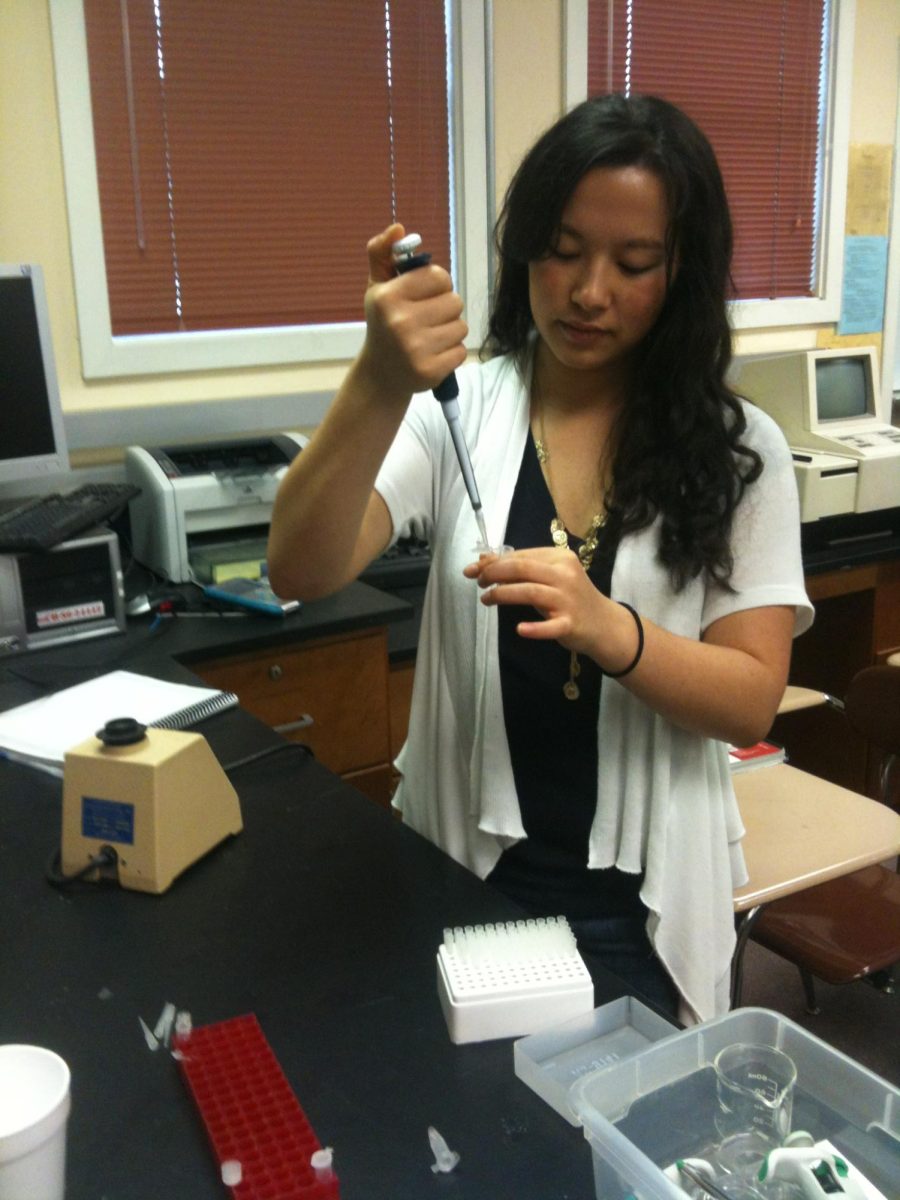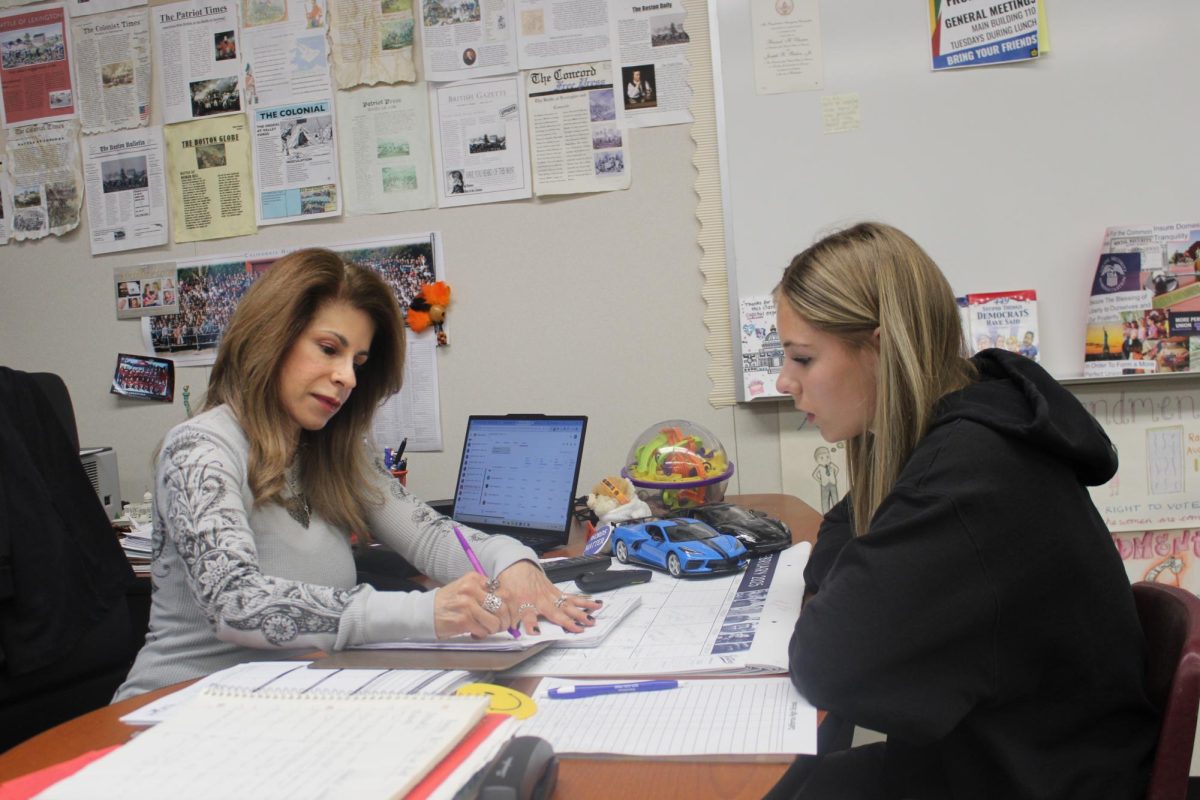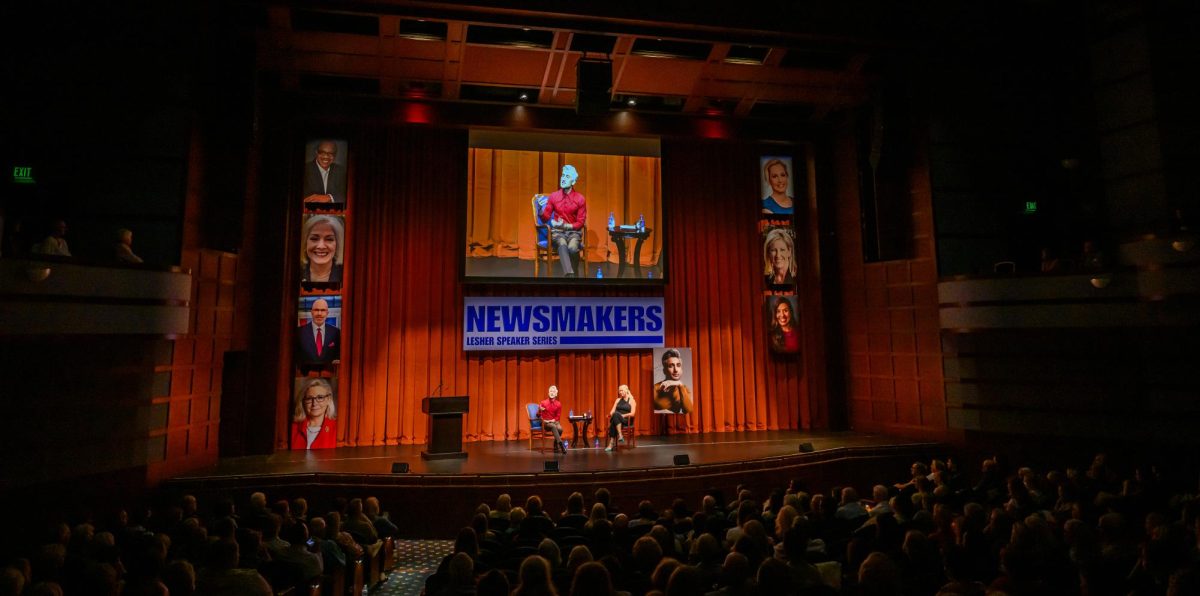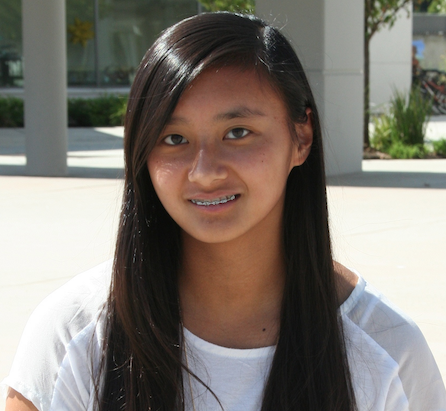Fees or donations? This question has long plagued Cal High and the San Ramon Valley Unified School District.
But with Assembly Bill 1575 recently being signed by Gov. Jerry Brown, the issue is now clear: It is illegal for pubic schools to demand fees or materials.
After the American Civil Liberties Union randomly checked school websites throughout the state, the district learned was one of 25 in violation of the law because of the use of the word “fees” instead of “donations.”
District spokesman Terry Koehne said there were written documents charging obligatory fees, too.
As a result, district officials met early in the school year to clean up some of the language so schools were in compliance with the law.
The ACLU lawsuit isn’t completely dropped but it will most likely be settled soon.
“We’ve gone through things with a fine-tooth comb,” said Koehne.
Changes that were made included sifting through the website or other written documents for correct language. Teachers were also informed to be careful in phrasing when asking for donations.
“On some level, it’s been a good thing because it’s brought awareness to the issue that it’s against the law,” said Koehne.
Koehne said students are not supposed to be charged for any school materials that are required because public education is, by definition, free.
As far as the effects of the lawsuit, Principal Mark Corti thinks it might lead to slight monetary issues in the future.
“It’s going to eventually impact school funding, but it’s what we’re supposed to be doing,” said Corti. “It’s a good rule.”
One area that has experienced immediate repercussions was the foreign language department.
Cal’s Chinese teacher Wang Wen Fang said her department can no longer charge for workbooks or other materials. Fang admitted that she was aware of this issue, but it was only very recently that she was told to make changes.
Science teacher Andrew White said fees were never charged for his department, but he noted that it wasn’t always clear to students that the donations were voluntary.
“Some teachers made it seem compulsory,” said White.
Now, with the ACLU lawsuit, teachers must explicitly say that donations aren’t required.
In general, though, the lawsuit shouldn’t cause too much disruption to Cal or the district as a whole.
Clubs still receive funding, and those that must operate on fees, such as Model United Nations, are still allowed to do so. MUN advisor and economics teacher Doug DeVries believes the lawsuit is mostly an attempt to level the playing field of schools.
“Many schools in California can’t afford donations,” said DeVries. “It’s a long process of redistribution.”
Corti and Koehne said schools throughout the district have been greatly improved by parent donations in the past.
Because of their contributions, students are able achieve a higher quality of education by offering and supporting wide varieties of classes, programs, and extracurricular activities.
Sports teams, which fortunately have not really been affected by the lawsuit, heavily depend on donations.
This year, some difference in the amount of donations received was noted, but overall, there is still adequate funding.
“There were some slight variations (in funding), as we have each year depending on what needs a coach determines a program might need,” said Cal athletic director Dave Kravitz.
Cal’s Academic Boosters Club has not fared quite as well. Although the lawsuit doesn’t really affect it too much, parent donations were much less than previous years. The school’s donations are off from its target by 25 percent.
“This has mostly affected the teacher grants,” said Academic Booster Club President Shekhar Battu.
Teacher grants allow teachers to buy materials that benefit and improve learning typically not supported by the budgets.The drop in donations is also a concern because of technology leases that need to be paid off and future projects that will need funding.
Schools rely immensely on booster club donations for classroom materials and athletic supplies not funded by the district, Corti said.
But Koehne noted that every year some schools face a dip in donations, but find ways to get around these roadblocks.
He does not know if the lawsuit will affect how much money is collected, but he does believe it won’t cause a revolutionary shift in how revenues are gained.






